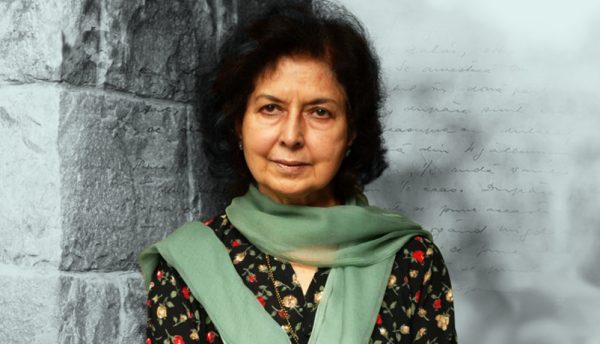
In writing, as in other areas of our lives, men have dictated the rules. Even our religious books that decide what is sacred and what is not, and the Manusmriti, for example, which lays down absolutely unacceptable and detestable behavior norms for women, have been written by men. To this day Indian women know the problems they face in the process of putting their experiences into words on a page — a liberty that men take for granted — and these problems are especially harsh and hazardous for women writers who do not belong to the privileged protected upper crust, and dare not write freely about love, marriage, or experiences such as intercourse or giving birth, or anything connected with their bodies or their desires, or vital decisions concerning their lives, for fear of infuriating their husbands or facing the wrath of society.
I know a writer who wrote a story about a married woman who falls in love with another man, leaves her husband, and goes away with her lover. The writer’s husband flew into a rage. He threatened to divorce her if she didn’t change the ending, and to save her marriage she had to change it. There have been rare exceptions of women who have broken these rules, come what may, but many more are on record who have had to face the family’s or society’s wrath for even a small step forward in expressing their intimate experiences and concerns. What this Auther Awards has done is to throw open the opportunity to them to do so and to reward the best of such writing. I like to think the Award is in this way upholding the letter and spirit of our Constitution which accepts no limits to equality or the freedom of expression. Our republic gave women the vote at the very beginning of our nationhood, which no other country had ever done — so Indian women never had to fight for the vote. Our Constitution declared there will be no gender bias, we are all Indians; there will be no touchable and untouchable, we are all Indians; there will be no single favoured religion, we are all Indians. From that high aspiration, India is now perceived as the world’s most dangerous country for women — so it is time once again to assert the equality of all Indians on all fronts. As far as literature is concerned, this new Auther Awards is doing so by giving Indian women a weapon to enable them to kick away the barriers that force them into rigid conventional modes, and to write, if they wish to, of what intimately concerns their bodies, their minds, their lives, their pleasures and their pains. Or for that matter, if they wish to, to write wide-ranging novels about any subject on earth: science fiction, historical fiction, political fiction, detective fiction, you name it. And good luck and God-speed to all such future Indian writing.
This is a lightly edited version of the speech delivered on March 8, 2020, on the occasion of Nayantara Sahgal being conferred a lifetime achievement award in New Delhi by the Times of India as part of the Auther Awards 2020.




